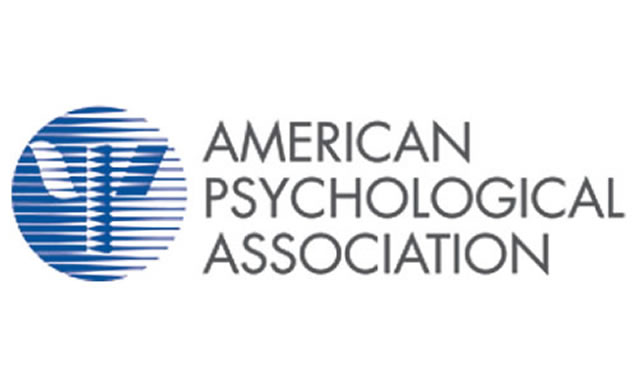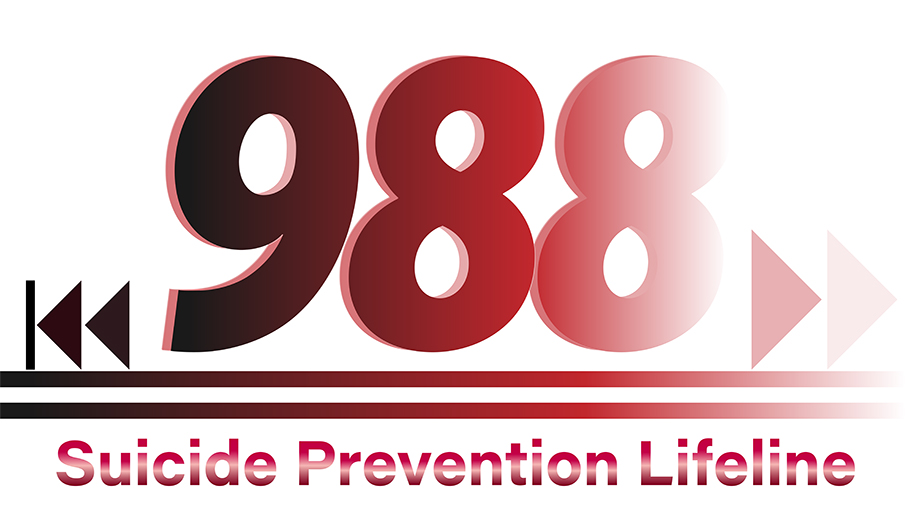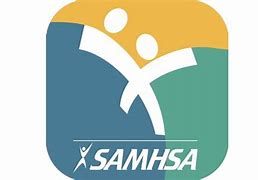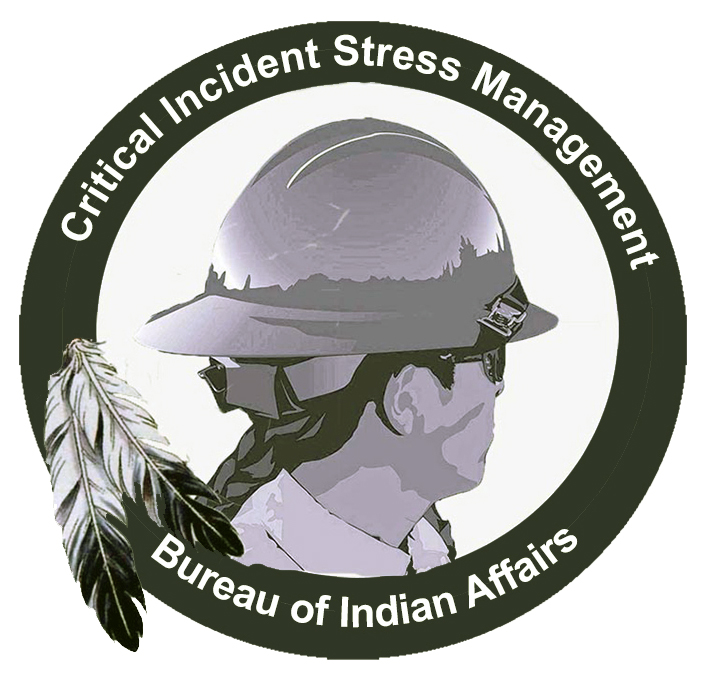About Us
The Bureau of Indian Affairs Critical Incident Stress Management (CISM) program, in cooperation with their interagency partners, intends to provide peer support for work-related incidents primarily for individuals and groups who work in the area of emergency response. These groups have been identified as the most vulnerable to developing post-traumatic stress-related illnesses and are less likely to seek help from "outsiders."
CISM is an intervention protocol developed specifically for first responders (fire, law enforcement, etc.) dealing with traumatic events. It is a formal, highly structured, and professionally recognized process for helping those involved in a critical incident. The purpose is to mitigate the event's impact, accelerate the recovery process, and assist the need for additional services. The incident itself does not define a critical incident; it is determined by individuals and or an organization's reaction to the event.
Peer Support
The Bureau of Indian Affairs and other cooperating partners do not assemble or maintain Critical Incident Stress Management Teams or “CISM Teams.” Critical Incident Peer Support (CIPS) Groups are not “on-call.” They are assembled at the time of request and comprise of personnel selected to match the backgrounds and experiences of those involved in the critical incident.
This “peer support group” intervention model includes a licensed Mental Health Professional (MHP) specializing in trauma.
Critical Incident Peer Support is about peers, or “people of mutual respect.” In wildland fire, the shared culture and experiences form the foundation of peer support. Peer relationships are effective because they build around mutual understanding, respect, and trust.
Training, Supervised Experience and Certification
Peer Supporters are not to be used as a replacement for this professional care and should never function independently. This would put them beyond the scope and boundaries of competence they've been trained for, which is to provide immediate, supervised, incident-specific, and supportive crisis intervention through the BIA's (and other agencies) established Standard of Care. Critical Incident Peer Support Groups, as well as Critical Incident Stress Management Coordinators (CISM Coordinators) providing crisis intervention services for BIA and BLM personnel, will be trained and certified by the International Critical Incident Stress Foundations (ICISF) and follow specific agency requirements for certification and formal ethics, conduct, and confidentiality policy. The ICISF model is accepted as the most effective standard of care for organizations with cultures having a history of mistrust in outside sources for crisis intervention and support. It is also the model formally adopted by the Bureau of Indian Affairs and the Bureau of Land Management.
Requesting Critical Incident Support
The Agency Administrator is responsible for identifying an event as a critical incident. The Agency Administrator is the highest-ranking agency line officer with direct responsibility for the location of the incident/personnel involved in the incident. Critical Incident Peer Support Groups mobilize through the normal dispatch channels (the dispatch/coordination system). The designated agency CISM Coordinator receives initial CISM requests and coordinates with the respective Geographic Area Coordination Center to process fire-related orders. Individual agencies have separate protocols for non-fire CISM requests. Placing a Request.
Crisis Intervention Protocols
The International Critical Incident Stress Foundation (ICISF) model provides many crisis intervention techniques. In coordination with a Mental Health Professional, the Critical Incident Peer Support Group Leader will determine the appropriate intervention strategy, which may include a Critical Incident Stress Debriefing or CISD. The CISD is the most misunderstood and overused term in Critical Incident Stress Management processes. The term “debriefing” is used loosely and as a “catch-all” for various crisis intervention protocols substantially different from the CISD application and structure.
CISM and Employee Assistance Programs
A licensed MHP is required when conducting a debriefing for BLM and BIA personnel involved in critical incidents. All agencies should recognize these established boundaries of competence. Critical Incident Peer Support Groups occupy a niche that an EAP or health plan providers cannot readily fill. Peer support has been the key to instilling trust in our employees to participate in crisis intervention services. Employees can visit EAP and may choose it for assessment and ongoing counseling at any time. The Peer Support Program is often the link between the employees and EAP services. The Peer Support Program and Employee Assistance Programs often complement each other to help employees, especially for follow-up care after crisis intervention services. In many cases, EAP may be the most appropriate resource for trauma.

Mission Statement
It is the mission of the five federal agencies (Bureau of Land Management, Bureau of Indian Affairs, U.S. Forest Service, National Park Service, and U.S. Fish and Wildlife Service) to provide leadership, education, training, consultation, and support services in comprehensive crisis intervention and critical incident stress management services to the wildland fire program and other disciplines within our agency.
The mission of the International Critical Incident Stress Foundation is to be the leader in providing education, training, consultation, and support services in comprehensive crisis intervention and disaster behavioral health services to emergency responders and other professions, organizations, and communities worldwide. The Bureau of Indian Affairs and the Bureau of Land Management, by policy, utilize the ICISF model as the Standard of Care (Peer Support) for crisis intervention. Most cooperating agencies also use the ICISF model.
Changing Cultures and Perspectives
The Interior and Agriculture departments are taking steps to address this critical need. Interior’s Office of Wildland Fire, in concert with the USDA Forest Service, has begun work to establish a program to recognize and address mental health needs for permanent, temporary, seasonal, and year-round wildland firefighters. The program is being developed following guidance in the Bipartisan Infrastructure Law.

What We Are Not
The use of peer supporters is not a substitute for the services of mental health professionals. Peer Supporters augment clinician services but do not replace them. Only some people are suited for the role. Some individuals may be unwilling to talk with peers because they question their credibility/validity, know them well or are too closely associated, want to see a professional, or are concerned about lack of confidentiality.
A well-established and professional CISM Program selects only the best and most qualified for each assignment, including trainees. Those selected must be credible, experienced, trusted, and held in high esteem. In addition, they must be sensitive to diversity and multicultural components within the agencies. Peers must be selected based on their background and experience relative to those involved in the incident requesting assistance.
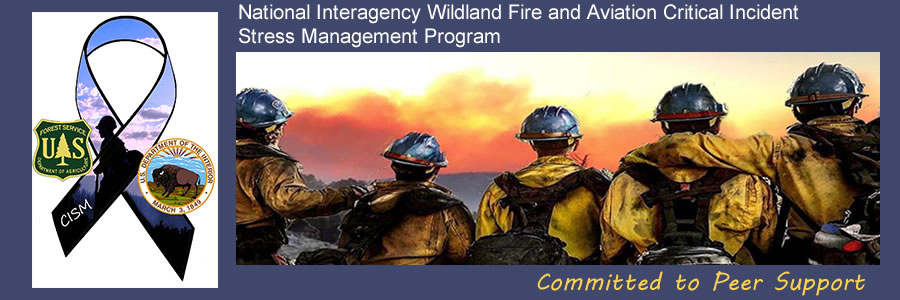


.jpg)
